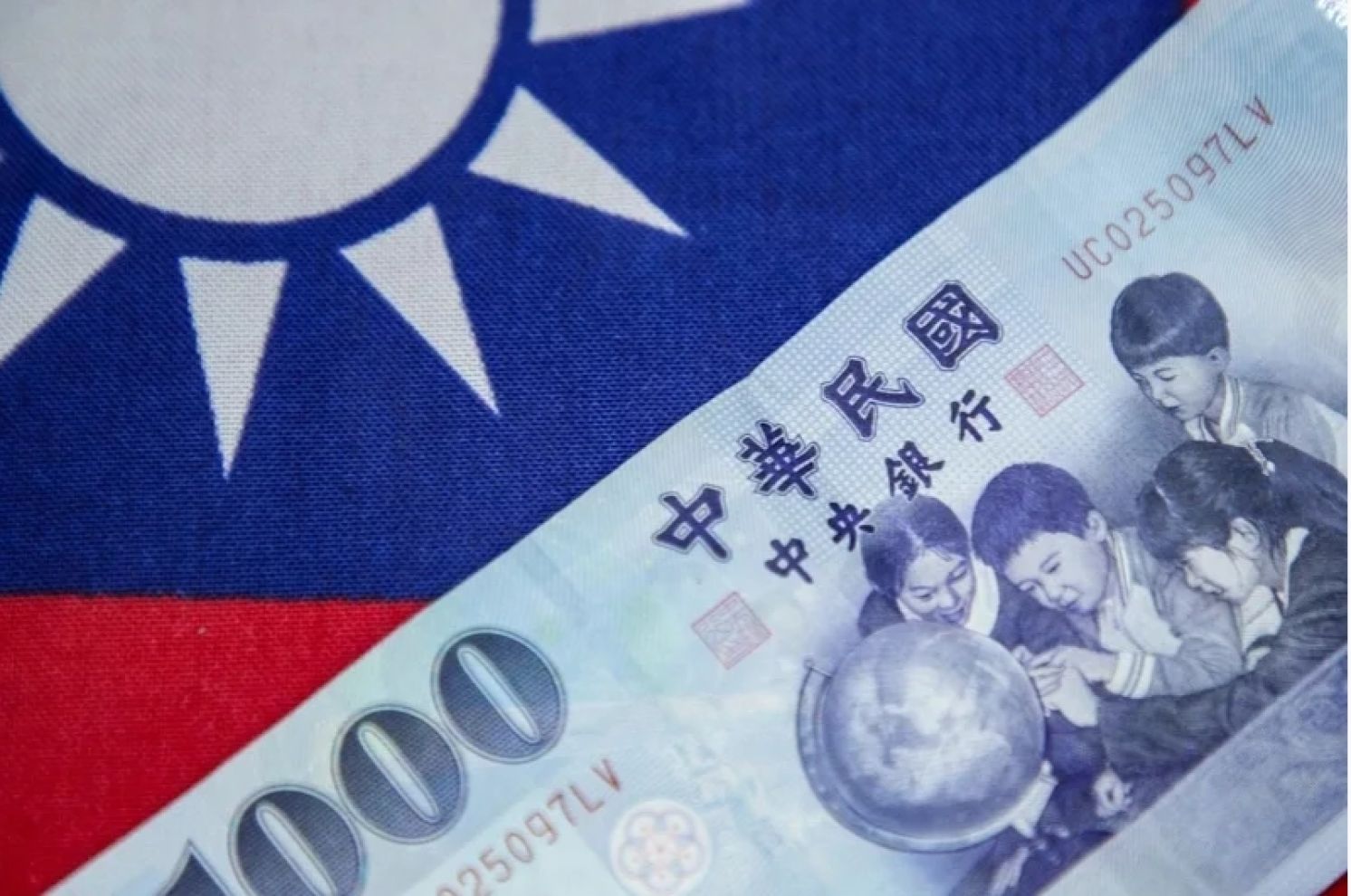
President Lai Promotes Sovereign Wealth Fund to "Make America Great Again"
United Daily News, Editorial, May 23, 2025
On the first anniversary of his inauguration, President Lai Ching-te suddenly announced plans to establish a Taiwanese sovereign wealth fund—a national-level investment platform. While the idea of a sovereign wealth fund has circulated in Taiwan for years, President Lai’s directive now gives it a tangible start. However, the motivations and considerations behind his move are thought-provoking.
President Lai emphasized that now is a "very ideal time" to launch a sovereign wealth fund. He proposed creating a government-led investment platform in collaboration with the private sector, leveraging Taiwan’s industrial strengths for strategic global investments and connecting with key markets in the AI era. Chairman Eric Chu of the opposition Kuomintang (KMT) responded positively, expressing willingness to engage in in-depth discussions, but also stressed the need for nationwide oversight to prevent corruption.
Most pressing is President Lai’s hasty and opaque, even authoritarian, decision-making process. During a legislative inquiry, KMT legislators revealed that just four months ago, the National Development Council (NDC) responded to the Legislative Yuan citing a cross-ministerial meeting two years prior, concluding that there was no need to establish a sovereign wealth fund. Yet after Secretary-General Kung Ming-hsin of the Executive Yuan and Minister of Economic Affairs Kuo Jyh-huei attended the "SelectUSA Investment Summit," President Lai ordered the creation of one. Ministries quickly reversed their positions to align with the new directive, and Minister Kuo explicitly stated the fund would invest in American AI research and development. This has sparked public suspicion that President Lai is responding to "Make America Great Again"—using Taiwan’s sovereign fund to increase U.S. investments. With such motives and a questionable process, how can the public “trust” this initiative?
The goal of a sovereign wealth fund is to generate national wealth through long-term, diversified investments while supporting strategic and fiscal objectives. As of the end of last year, sovereign wealth funds globally managed over US $13.7 trillion in assets—roughly the combined gross domestic product (GDP) of Germany, Japan, and India—giving them significant influence in global financial markets. Among these, Norway’s sovereign fund is the most successful and exemplary, known for its high transparency, diversified global investments, and strict legal governance. Over the past 25 years, its average annual return has been about 6.3 percent, outperforming many national funds, including Taiwan’s labor pension fund. Singapore’s sovereign fund is another strong example, providing stable returns and becoming a crucial fiscal pillar—this year, contributing about US$21 billion, or roughly one in every five dollars of government revenue.
But sovereign wealth funds are no panacea. Their pursuit of high returns also means high risks. The financial market is volatile—even Norway’s fund has recorded losses, notably a 23.31 percent drop during the 2008 financial crisis. Thus, Taiwan must approach this with the correct mindset: profits are not guaranteed.
Taiwan’s years of sovereign fund discussions have stagnated due to two main issues. First, where will the money come from? The Central Bank has long opposed allocating foreign exchange reserves, recommending instead that the Ministry of Finance issue bonds, allocate budgetary funds, or contribute capital—following the models of Singapore and South Korea.
Second, who will manage it? For independence and professionalism, a dedicated law and a specialized agency are essential. Oversight is also necessary. The Central Bank has repeatedly said it is not suitable for this role. It remains to be seen whether the NDC — which has faced criticism for managing the National Development Fund and opposed the sovereign fund just four months ago—or the Ministry of Finance, which may issue bonds for the fund, will take charge. A further unspoken concern: what happens if the fund loses money? No one wants to bear that heavy responsibility.
Moreover, does Taiwan even have the talent to manage such a fund? The National Development Fund’s past investments — like those in Eclat and United Renewable Energy—have drawn criticism as financial missteps and are under legislative investigation. The so-called “national-level investment company” Taiwania Capital, jointly funded by the government and private sector, has also been criticized for unclear returns, investment losses, and charging excessively high management fees.
The biggest fear in launching a sovereign wealth fund is that it could go awry. What the public wants to know is: can it really deliver reasonable returns for Taiwan? More worrying is that such a fund requires dedicated laws and professionals—yet the Lai administration is rife with political patronage appointments. The real risk is that this becomes another vehicle for a privileged few to manipulate, squandering taxpayer money while enriching American interests and the ruling party’s allies.
From: https://udn.com/news/story/7338/8758844
〈Back to Taiwan Weekly Newsletter〉